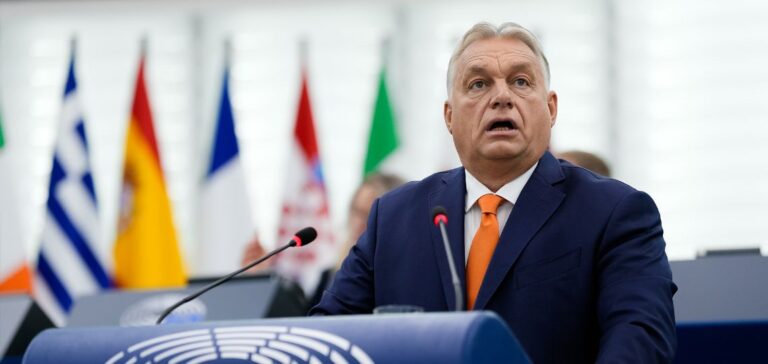The Hungarian government has confirmed its intention to block the European Commission’s proposal to ban all imports of Russian energy into the European Union starting at the end of 2027. Prime Minister Viktor Orban stated that the measure, currently being developed in Brussels, would increase Hungary’s energy bills by €2bn ($2.17bn) per year.
Speaking on public radio station Kossuth, Viktor Orban asserted that Budapest would use all available means to contest the proposal, which it considers incompatible with EU law. He specified that Hungary sees the initiative as a disguised sanction which, under European treaties, can only be adopted unanimously by member states.
Direct economic impact on Hungarian households
According to Hungarian authorities, banning Russian energy supplies would sharply raise energy costs, affecting housing and public service prices. Viktor Orban stated that “the Commission’s plan would explode household and business energy bills in Hungary.” He also emphasised that his government would continue its policy of maintaining affordable prices, in contrast to what he described as a more expensive approach favoured by several member states.
The prime minister claimed that the discussions in Brussels are driven by political, not economic, considerations. He named Germany and the Czech Republic among the countries supporting the ban, accusing their leaders of “trying to hurt Russia even if it means higher prices for their own citizens.”
Institutional conflict and energy sovereignty concerns
Hungary believes such a ban does not fall within the Commission’s remit without explicit agreement from all member states. Viktor Orban said his country would continue to defend its energy interests at EU meetings, reaffirming its right to veto such decisions.
Hungary’s energy supply remains heavily reliant on Russian resources, particularly through the Druzhba oil pipeline and the TurkStream gas pipeline. A forced disruption of these flows would require major investment in new infrastructure, with no guaranteed price stability in the long term.
“We must not allow energy sanctions against Russia to be imposed that would automatically apply to Hungary,” Viktor Orban insisted, adding that his country would maintain its current energy strategy as long as economic conditions justify it.






















